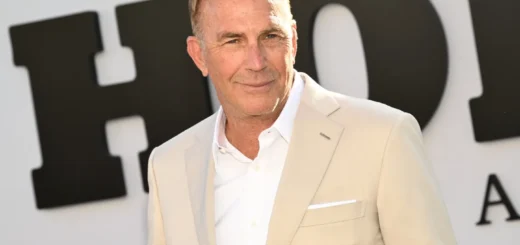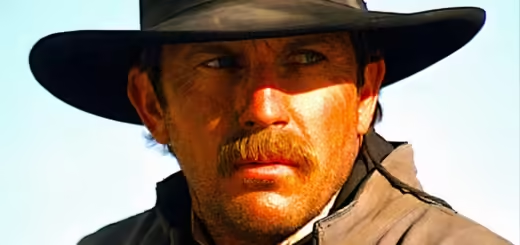Kevin Costner Reflects on a Regrettable Scene: “It Feels More Like Titillation Than Storytelling”
In the early 1990s, Kevin Costner’s gradual ascent to Hollywood stardom finally exploded into the mainstream. After the critical and commercial triumph of Dances with Wolves, the actor—already beloved for roles in The Untouchables, Bull Durham, and Field of Dreams—became an undeniable A-list star. Men admired him, women adored him, and it seemed as though he was poised to take over the industry.
But there was one big catch: Costner didn’t want to fit the mold that Hollywood was trying to shape him into. Just before the release of Robin Hood: Prince of Thieves, his follow-up blockbuster to Dances with Wolves, it was clear from interviews that Costner’s mood was far from upbeat. The media frequently mentioned his sour disposition—not because of the much-discussed criticism over his English accent as Robin Hood, but for a very different reason.
Costner was irritated by Warner Bros’ marketing, which heavily pushed his status as a sex symbol, especially highlighting a particular scene where Mary Elizabeth Mastrantonio’s Maid Marian catches a glimpse of Costner’s Robin swimming naked. The camera lingered on his body in a way that clearly aimed to entice the audience, much to Costner’s displeasure. He insisted he had only agreed to film the scene because, in the original script, it was meant to reveal the physical toll Robin’s journey had taken—not to be a gratuitous display.
“There was a reason for that scene that’s completely lost now,” Costner explained. “It’s been stripped down to something that just feels like an excuse to titillate, and that’s not what we intended. The whole point was that when Maid Marian sees him, she notices the scars on his back from prison—but the camera never caught that. It’s from that moment that her feelings start to shift.”
For Costner, the scene symbolized how Robin had been physically marked, “disfigured a little, violated in a way,” by his mission—a nuance that adds complexity to the character. Unfortunately, the studio’s marketing chose to present the scene out of context, erasing its deeper meaning and turning it into mere eye candy. Adding insult to injury, Costner revealed that the nude shots in the trailer weren’t even his own body—they used a body double.
Unsurprisingly, being questioned about his bare backside wasn’t part of Costner’s vision for the film, and it’s clear he regretted shooting the scene. He admitted the sudden surge of fame following Dances with Wolves was overwhelming, describing it as a “quantum leap” in public attention that “changed things in ways I couldn’t have predicted.” Among those changes was the uncomfortable realization that he had become a pin-up icon, a role he didn’t particularly embrace but couldn’t escape.
This uneasy new reality contributed to the cranky mood reporters noted so often—one even recalled Costner shooting a glare at a group of middle-aged female fans politely asking for a photo. “OK,” he snapped, “but can’t you see I’m being interviewed?!”


